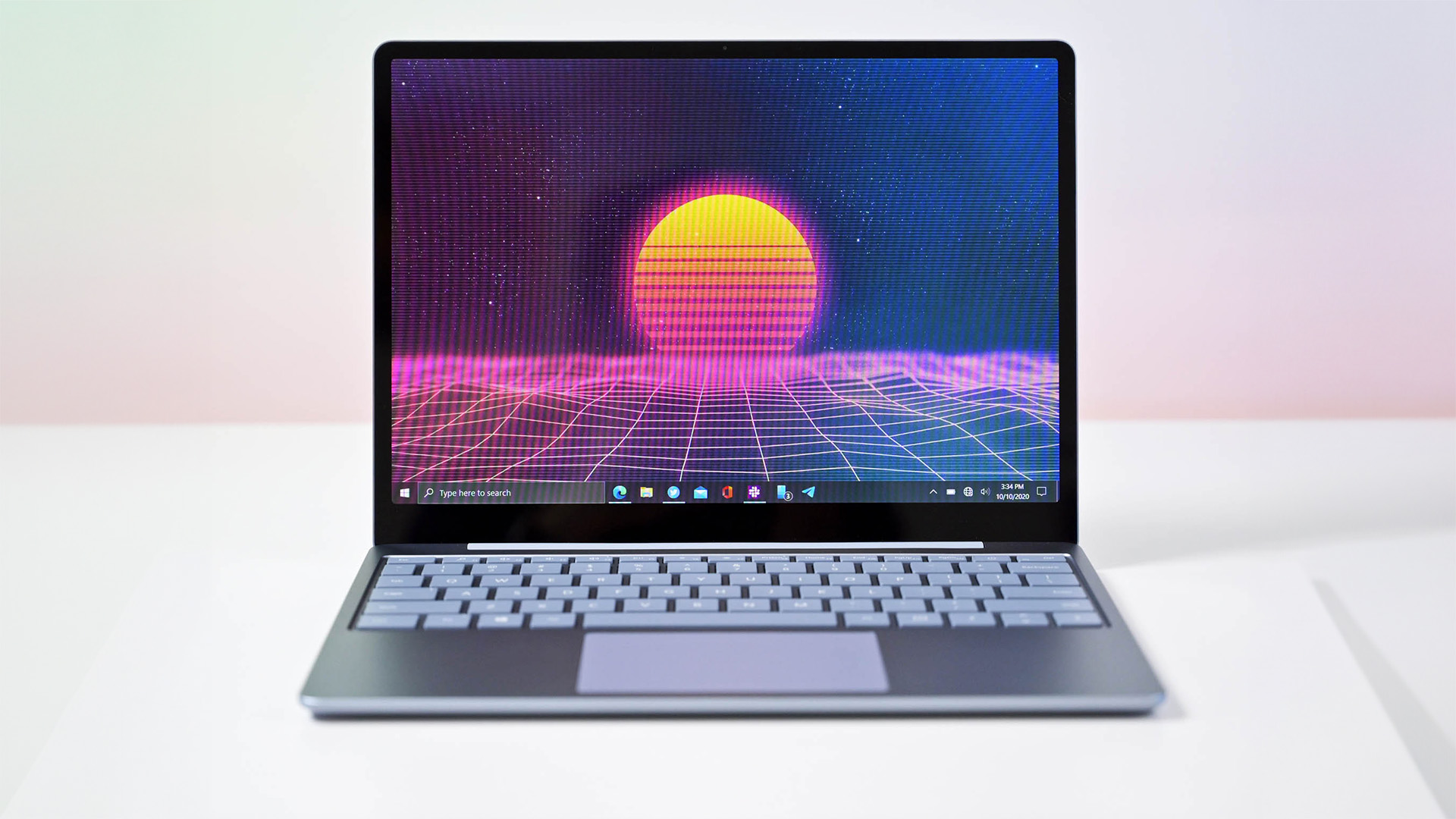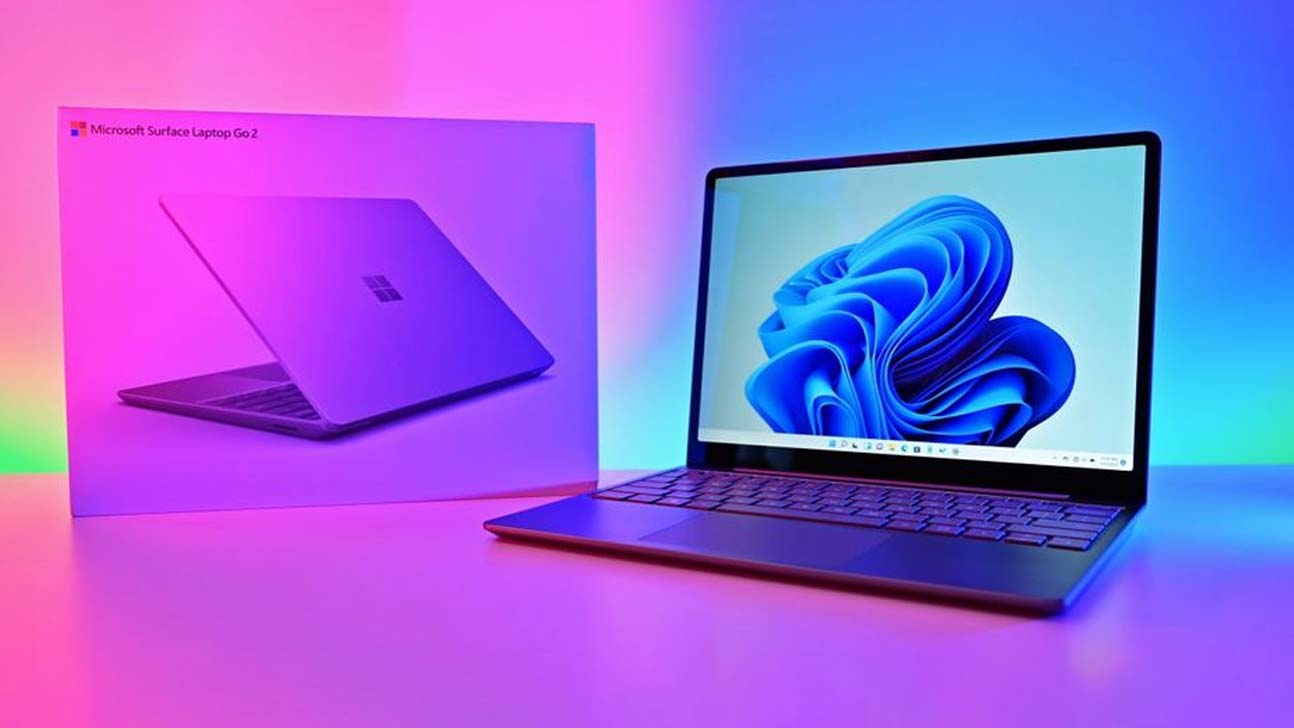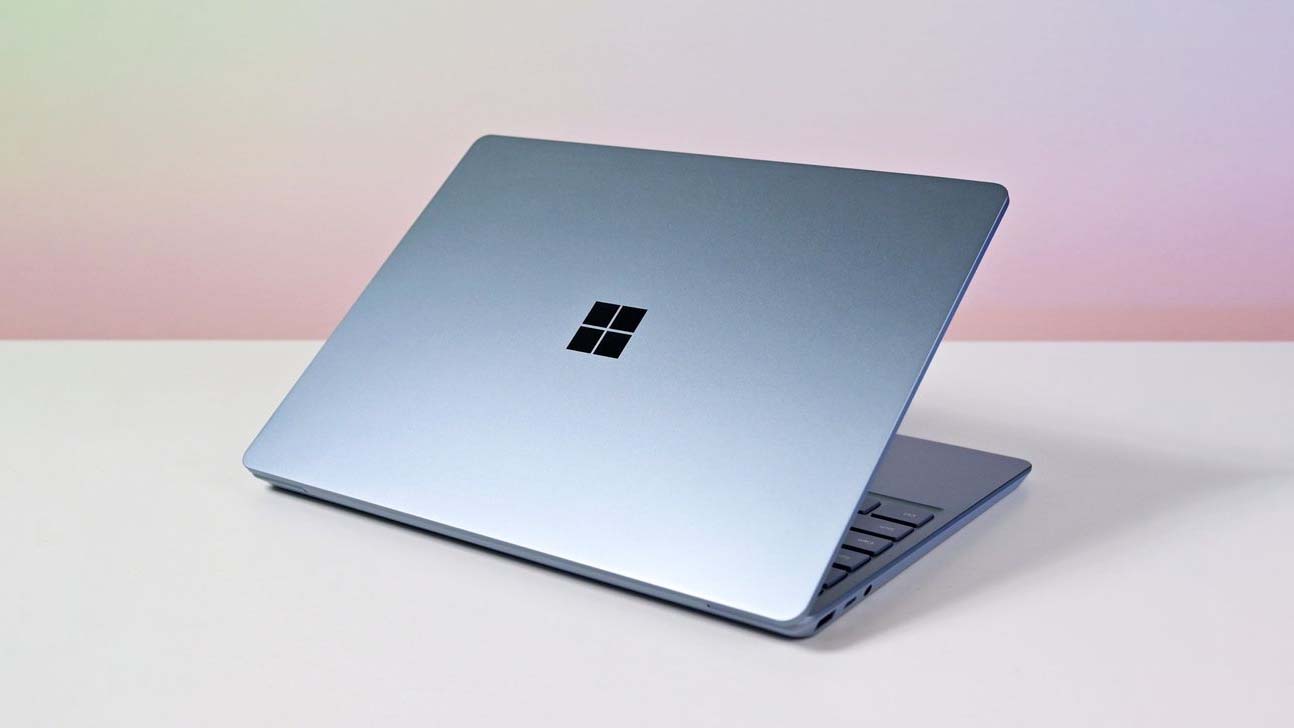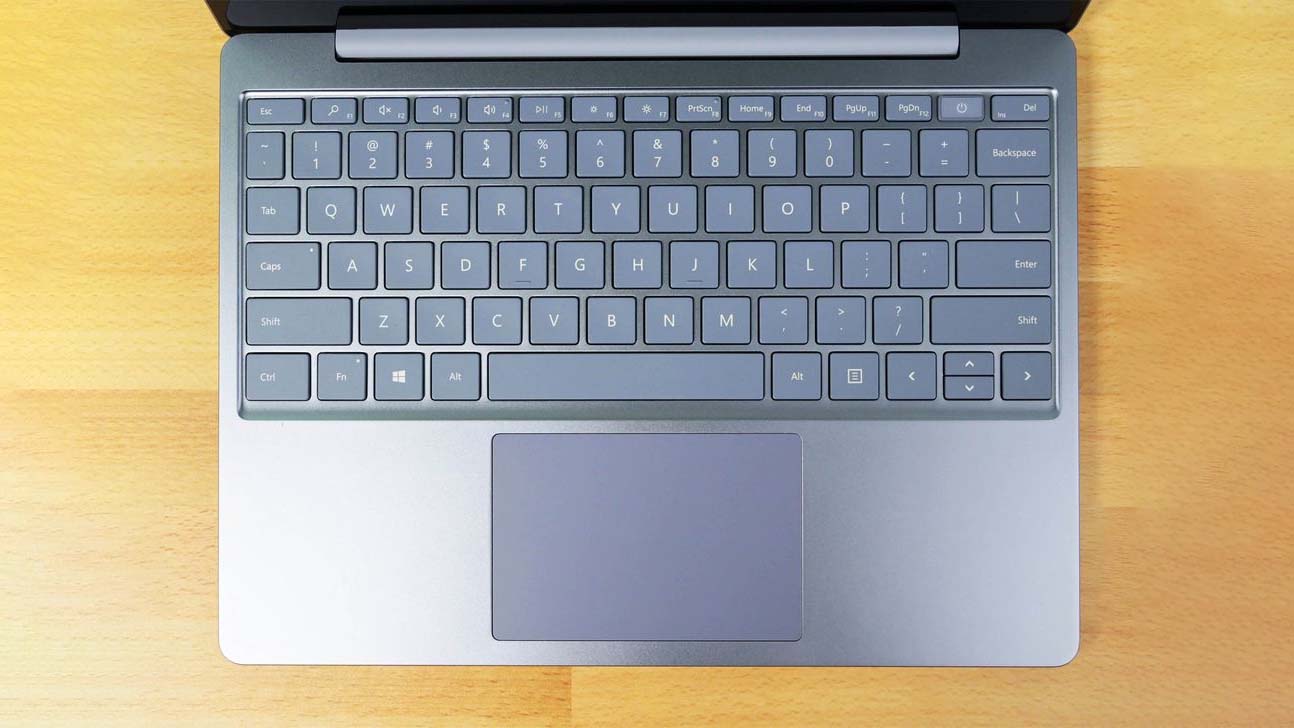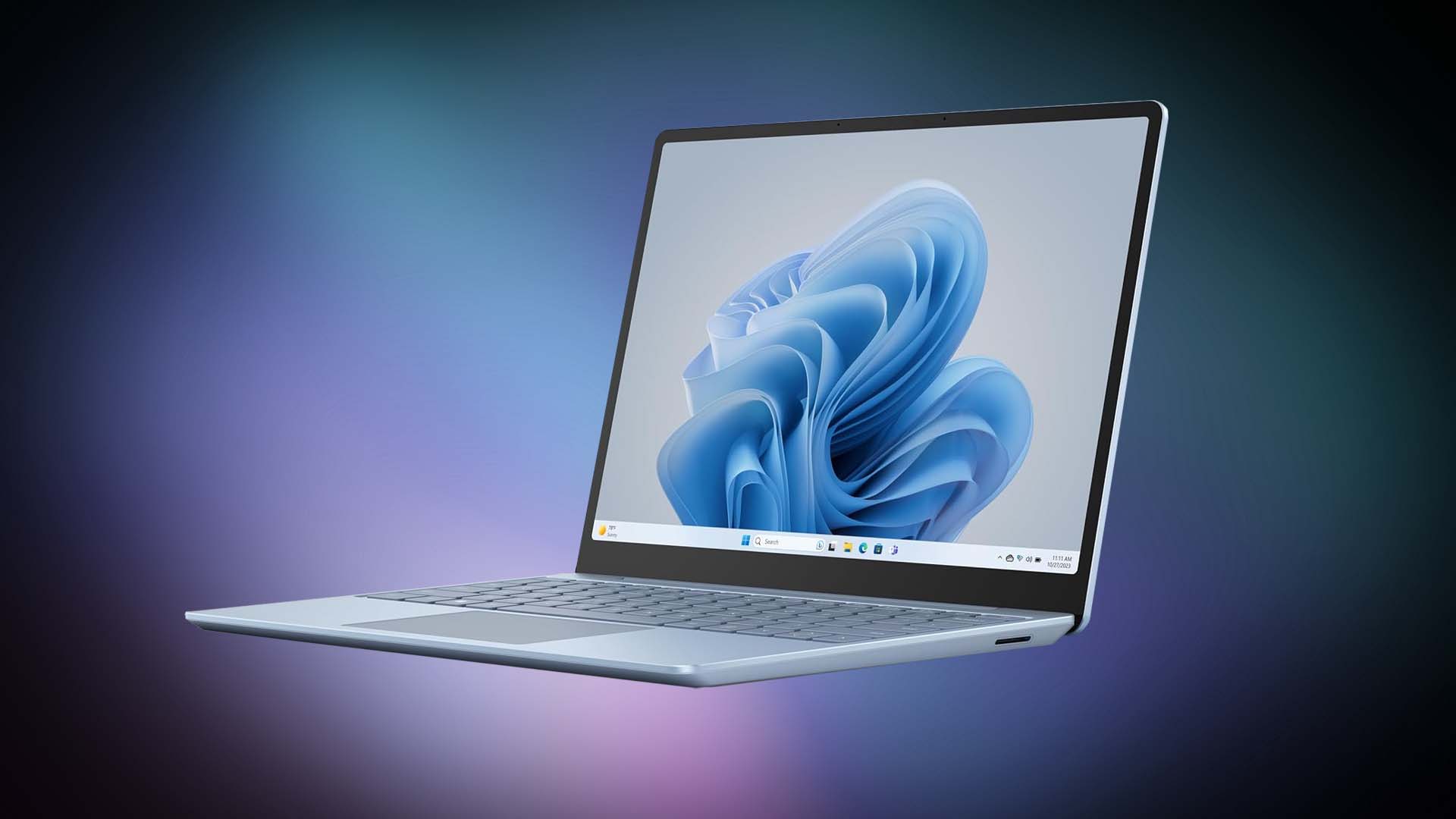Microsoft Surface Laptop Go 1 vs Laptop Go 2 vs Laptop Go 3: Which should I buy?
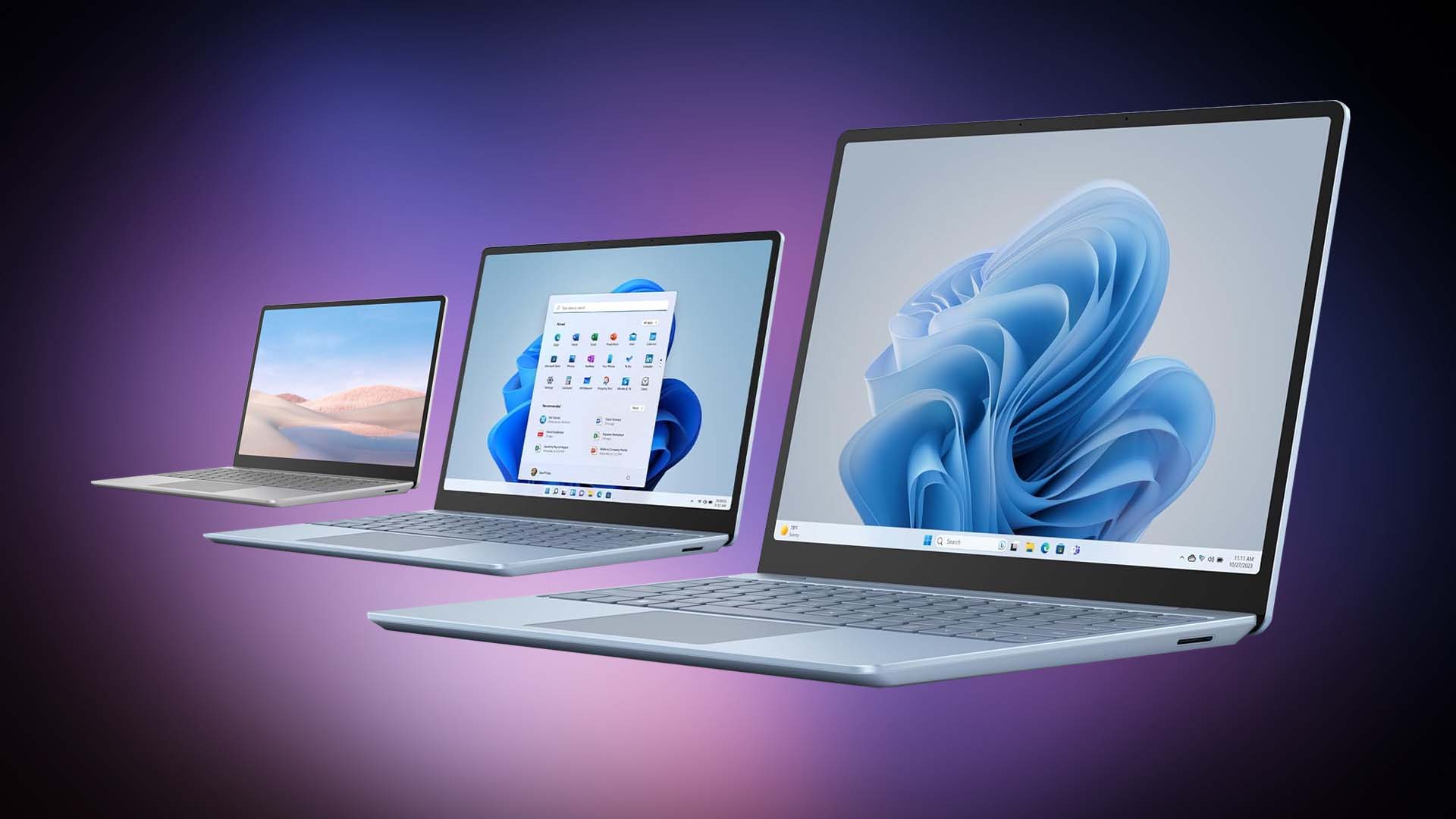
Since the first Surface Laptop Go iteration was released, Microsoft's line of devices has been considered one of the best laptops due to their reliability and ultraslim design. In fact, they're so slim that they feel like Microsoft Surface tablets with built-in keyboards and trackpads. With the release of the latest model, it's time to compare the three iterations side by side to see the most significant updates and changes.
I'll also dive into what the different specs mean for you as a consumer so you can figure out which device is best suited to meet your needs.
Surface Laptop Go vs Laptop Go 2 vs Laptop Go 3: Specs
To start this comparison off, take a look at the official specifications between the original Surface Laptop Go, the Surface Laptop Go 2, and finally, the Surface Laptop Go 3. After that, I'll dive more into what these specs mean for you as a potential owner.
Category | Surface Laptop Go | Surface Laptop Go 2 | Surface Laptop Go 3 |
|---|---|---|---|
OS | Windows 10 Home in S mode | Windows 11 Home | Windows 11 Home |
Processor | Intel Core i5-1035G1 | Intel Core i5-1135G7 | Intel Core i5-1235U |
RAM | 4GB or 8GB LPDDR4x 16GB (commercial only) | 4GB or 8GB LPDDR4x | 8GB or 16GB LPDDR5 |
Graphics | Intel UHD Graphics | Intel Iris Xe Graphics | Intel Iris Xe Graphics |
Storage | 64GB eMMC | 128GB or 256GB SSD | 128GB or 256GB SSD | 256GB SSD |
Display | 12.45-inches 1536x1024 (148 ppi) 3:2 PixelSense Touch display | 12.4-inch 1536 x 1024 (148 ppi) 3:2 PixelSense Touch display | 12.4-inch 1536 x 1024 (148 ppi) 3:2 PixelSense Touch display |
Ports | 1x USB-C, 1x USB-A, 3.5mm headphone jack, 1x Surface Connect | 1x USB-C, 1x USB-A, 1x 3.5mm audio jack, 1x Surface Connect port | 1x USB-C 3.2, 1x USB-A 3.1, 1x 3.5mm audio jack, 1x Surface Connect port |
Audio | Omnisonic Speakers with Dolby Premium Audio | Omnisonic Speakers with Dolby-Audio Premium | Omnisonic Speakers with Dolby-Audio Premium |
Wireless | Wi-Fi 6, Bluetooth 5.0 | Wi-Fi 6: 802.11ax, Bluetooth 5.1 | Wi-Fi 6: 802.11ax, Bluetooth 5.1 |
Camera | 720p HD f/2.0 | 720p HD f2.0 camera | 720p HD camera |
Security | Windows Hello fingerprint reader | Windows Hello fingerprint reader | Windows Hello fingerprint reader |
Battery | Up to 13 hours | Up to 13.5 hours | Up to 15 hours |
Dimensions | 10.95 x 8.10 x 0.62 inches | 10.95 x 8.12 x 0.62 inches | 10.95 x 8.12 x 0.62 inches |
Weight | 2.45lbs (1,110g) | 2.48 lbs (1,127g) | 2.49 lbs (1,129g) |
Color | Platinum, Sandstone, Ice Blue | Platinum, Ice Blue, Sandstone, Sage | Platinum, Ice Blue, Sandstone, Sage |
Availability | October 1, 2020 | June 7, 2022 | October 2, 2023 |
Price | $550 - $1,100 | $600 to $1,100 | Starting from $799.99 |
Surface Laptop Go vs Laptop Go 2 vs Laptop Go 3: What are the major differences?
You might not be able to tell the Surface Laptop Go model apart simply by looking at them because their chassis, displays, dimensions, and color options are pretty similar. However, it's the internal components and hardware changes that really provide a different user experience. Here are the most important differences between Surface Laptop Go, Laptop Go 2, and Laptop Go 3, as well as what these differences mean fo
PROCESSORS: Each consecutive model since the release of the original Surface Laptop Go has housed an improved processor (CPU) that offers more processing power than the model before it. CPUs are one of the most critical parts of a laptop because they provide the necessary instructions to tell it what to do so it can run certain programs and perform specific tasks. As such, the latest Surface Go 3 can handle the most processing tasks out of all three models thanks to the more powerful processor, the Intel Core i5-1235U.
RAM: Although memory (RAM) and storage both deal with Gigabytes (GB), their actual functions within a laptop are very different. RAM stands for random access memory and refers to quickly reading and writing data that it previously accessed to cut down on the time it takes to perform various functions. RAM is essential as a separate entity from storage because a laptop can access data more easily via RAM than an SSD, so it allows your laptop to run programs or save information a lot faster.
The more RAM you have, the better the Surface Laptop Go can perform, which is why it's good to see that the latest Surface Laptop Go 3 finally offers a version with 16GB of RAM for the average consumer. In contrast, the previous two versions only offered up to 8GB for consumers.
BATTERY: The last thing you want to deal with on the go is having your laptop run out of juice at the wrong moment. Obviously, there's no way to guarantee this won't happen, but having a longer battery life definitely helps. The latest Surface Laptop Go lasts up to 15 hours on one charge, making it the longest-lasting option. Meanwhile, the first and second Surface Laptop Go were relatively similar, with up to 13 or 13.5 hours of battery life, respectively.
Price: Compared to Microsoft's other laptops, like the Surface Laptop Studio 2, the Laptop Go line is very affordable, but they aren't cheap. As is often the case, the latest laptop versions tend to cost more than previous ones because they include upgraded hardware over previous versions and the same can be said with the Surface Laptop Go line.
Depending on the configuration chosen at launch, the original Laptop Go costs between $550 and $1,100. Meanwhile, the Laptop Go 2 launched at $600 to $1,100. As for the latest Laptop Go 3, it has a starting price of $799. However, it's as yet unclear what the most expensive version costs. So if you want to save money, it's not a bad idea to go with the Laptop Go 2.
Surface Laptop Go vs Laptop Go 2 vs Laptop Go 3: Which should I buy?
If you want to stay up to date with the latest and greatest iteration of Microsoft's Surface Laptop Go line, then you should purchase the new Surface Laptop Go 3. It has the best processing power, provides more RAM than previous versions, and even has a battery life that lasts up to one and a half hours longer than the previous option. It is a bit pricier than the others, but it will also receive support longer.
Meanwhile, if you want a Surface Laptop Go but want to save some money, I suggest going for the Surface Laptop Go 2. It's pretty powerful still, more so than the original, thanks to its improved graphics card and processor. However, it won't be nearly as costly as the latest version.
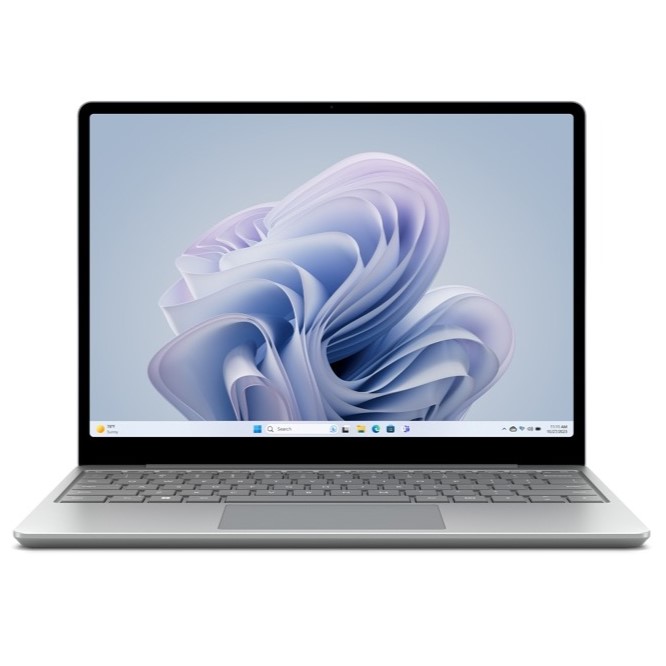
The latest and greatest Surface Laptop Go provides the best processing power and highest RAM of any Surface Laptop Go yet produced. What's more, the battery has been improved to last a couple more hours. Altogether, that makes this the best iteration to release thus far.
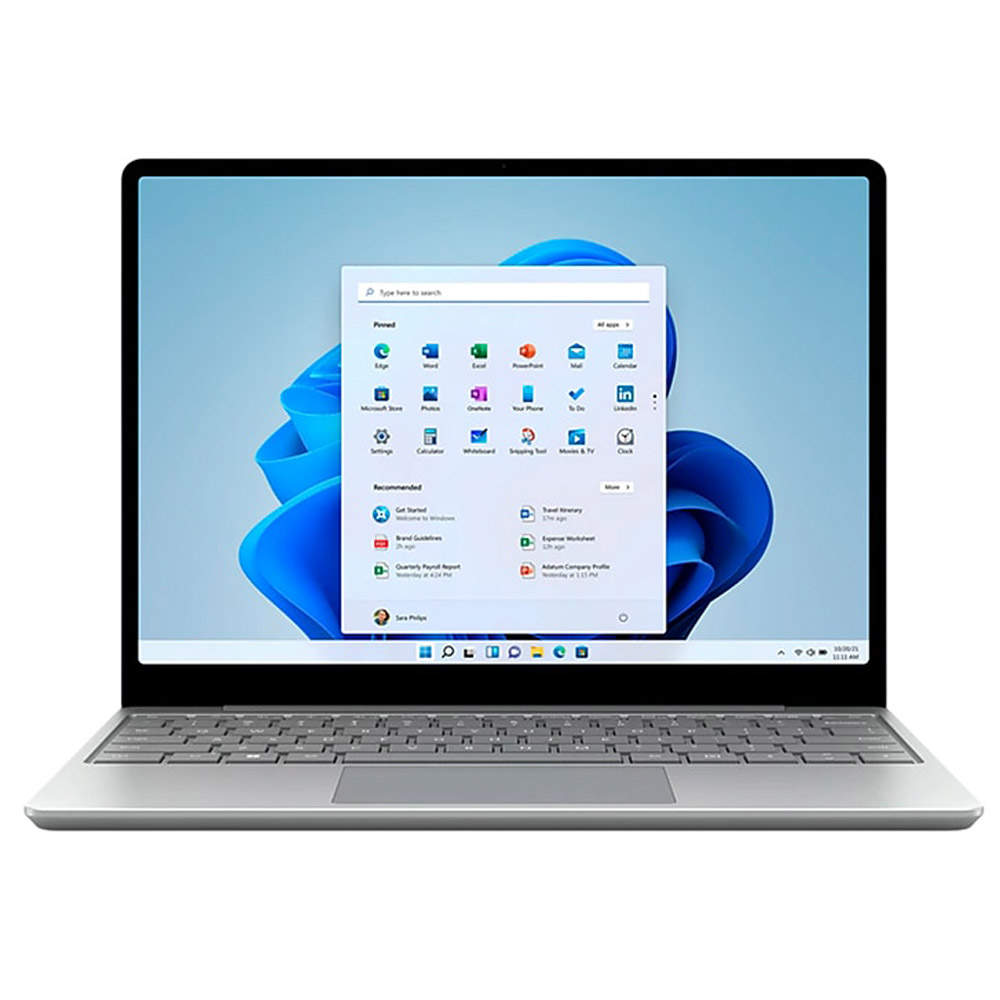
The second version of the Surface Laptop Go was a step up from the original, providing a significantly better graphics card in the form of the Intel Iris Xe and a better CPU with the Intel Core i5-1135G7. It's not the most powerful option anymore, but it's still a great choice.
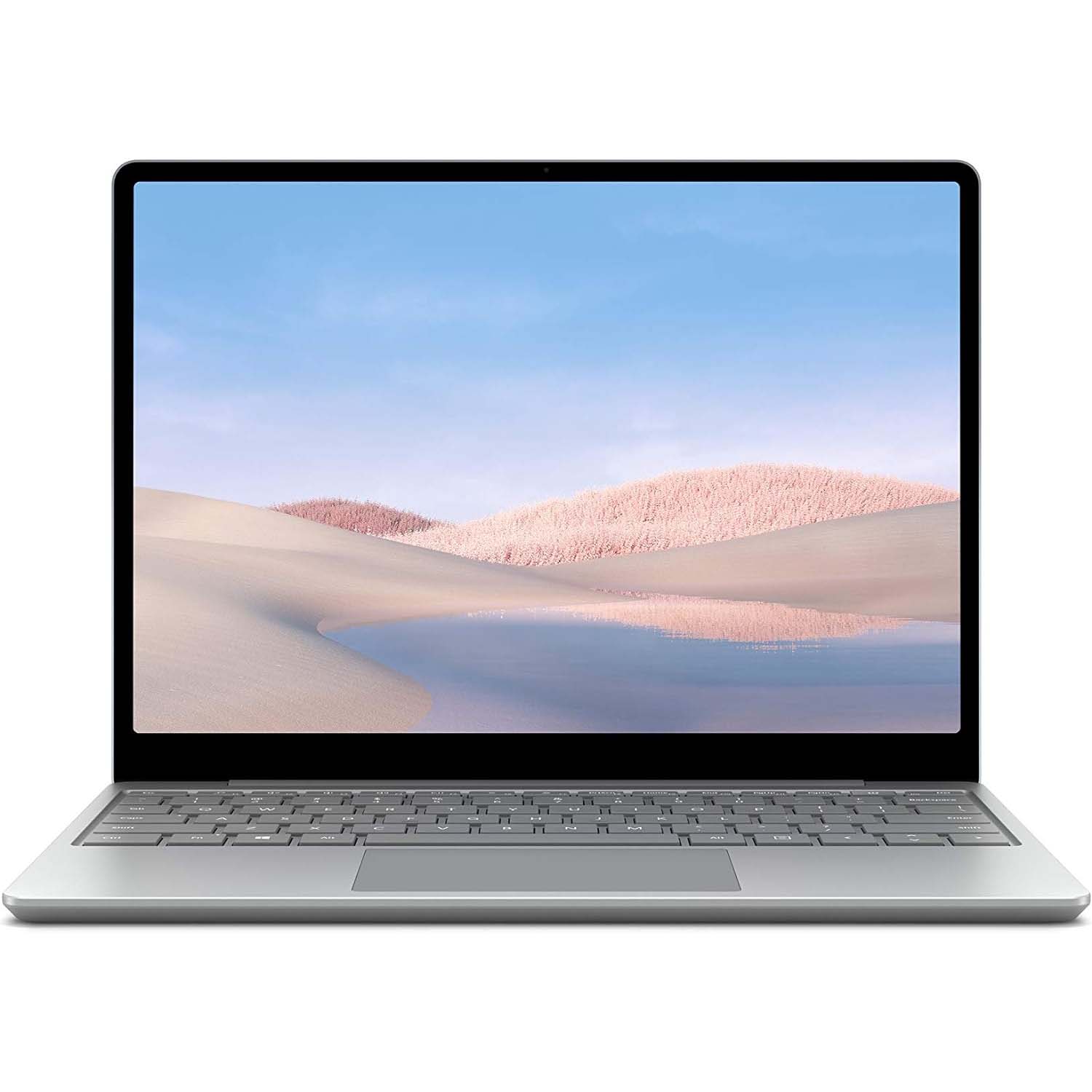
While outdated, the original Surface Laptop Go is a reliable little laptop with plenty of battery life and processing power. However, the GPU and CPU are less powerful than the more recent Surface Laptop Go models. But if you want to save some money, you might be able to do so by going with this older option.
All the latest news, reviews, and guides for Windows and Xbox diehards.

Self-professed gaming geek Rebecca Spear is one of Windows Central's editors and reviewers with a focus on gaming handhelds, mini PCs, PC gaming, and laptops. When she isn't checking out the latest games on Xbox Game Pass, PC, ROG Ally, or Steam Deck; she can be found digital drawing with a Wacom tablet. She's written thousands of articles with everything from editorials, reviews, previews, features, previews, and hardware reviews over the last few years. If you need information about anything gaming-related, her articles can help you out. She also loves testing game accessories and any new tech on the market. You can follow her @rrspear on X (formerly Twitter).

